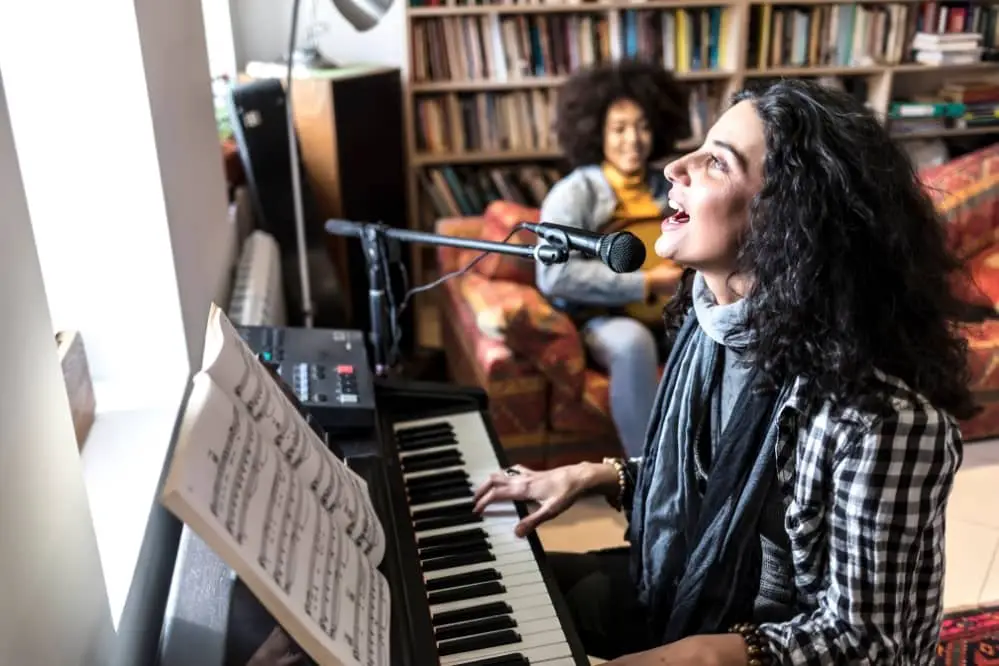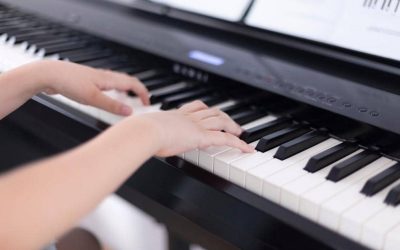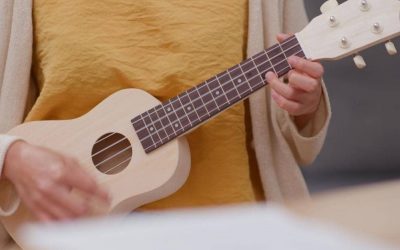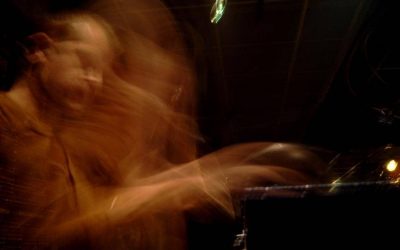Singing and playing piano translates across any style of music. If you can sing to piano, you can vocalize to just about anything. Unfortunately, far too many modern singers are eschewing the piano because it is too much of a “classic” sound.
But as a serious vocalist, there are more than a few reasons why you should be learning to play piano. Here are five ways that learning to play piano can actually help to make you a better singer than ever before.
1. Development of Musical Knowledge
When you are a vocalist, there are a unique set of challenges and advantages presented to you. For one, being a great vocalist means not having to lug an instrument around with you wherever you hope to perform.
But when you can actually see the notes in front of you, it is a far different experience. When you learn to play the piano, you can actually see all the notes mapped out in front of you. It gives you a visual base for the musical knowledge that you may already possess.
When it comes to becoming a quality musician — and staying a quality musician — it is about learning and growing. There is no better way to grow as a musician than to actually learn to read the notes before you.
2. A Great Reference Point
Even some amateur vocalists know how to sing harmony alongside a melody. After all, some people just have natural ability and that is fine. But what happens when you are faced with music that suddenly disorients you and throws you off track?
By learning to play the piano, you can learn to count up the keys until you can recognize a harmony that fits. Even if you do not have the piano in front of you, you will be able to play the notes in your head after enough repetition.
All of this means having a great natural reference point when singing harmony.
3. Great Training for Vocal Exercises
Whatever basic skills that you have already, there is always room for growth. What better way than using the piano to give yourself a stronger base for each of the exercises that you already are doing?
When you can play even basic chords on the piano, you give yourself a stronger foundation to perform those vocal exercises. You can accompany yourself in each of the exercises, building that foundation and giving yourself a stronger base than ever before to work from.
Try working upward in terms of pitch from a chromatic standpoint You will be surprised at the results and the impact that it has on your vocal range.
4. Becoming Your Own Accompanist
Perhaps you typically vocalize with someone accompanying you. But who needs an accompanist when there is also that ability right at the tip of your fingers? Even if you don’t desire to build your musical base around the piano, it makes for an excellent tool.
Not having to rely on anyone else in order to create music truly removes limitations. There is no time, circumstantial, or place limitations at hand. You can create a full accompaniment wherever you are and no matter the circumstance.
So long as you have a piano or keyboard, you can create music wherever the inspiration strikes. Furthermore, you can create a total musical wonder all on your own. That means creating the harmony, the melody (voice), and the rhythm (piano) with no need to depend on anyone else.
The ability to be totally independent is perhaps the biggest reason to learn the piano. It can foster a complete musical foundation that most of the other instruments cannot hope to match.
5. Becoming a Better-Rounded Musician
The simplest fact of the matter is that you gain the advantage of playing an instrument. Against those of your peers who do not know how to play an instrument, there is a natural leg up on the competition.
Becoming a more well-rounded musician also means that you can play more diverse roles within a band if that is your chosen path. You can not only write songs but also collaborate with the other musicians, talking about music theory and constructing songs from scratch.
Even better, learning piano gives you the foundation needed to learn other instruments. The more instruments that you learn, the better the musician that you will be. A more diverse knowledge base is never a bad thing when it comes to being a musician.
Start by learning the piano and see the impact that it has on you as a vocalist. It will change the way that you hear music, how you construct the music, and how you develop it moving forward. Learning piano is a true game-changer.






